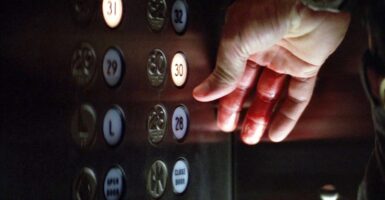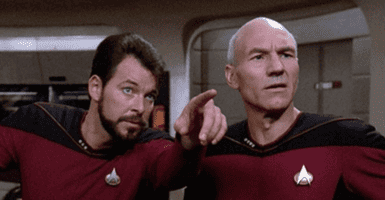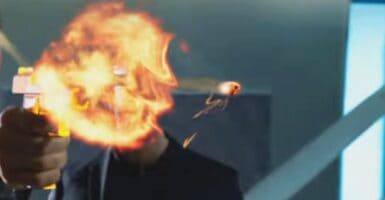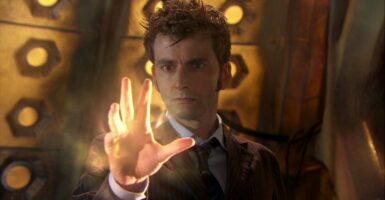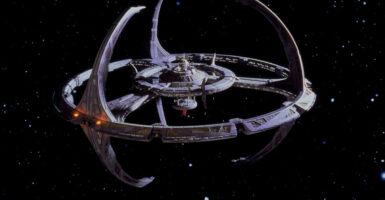Patrick Stewart Almost Ruined Star Trek: Picard Series Finale
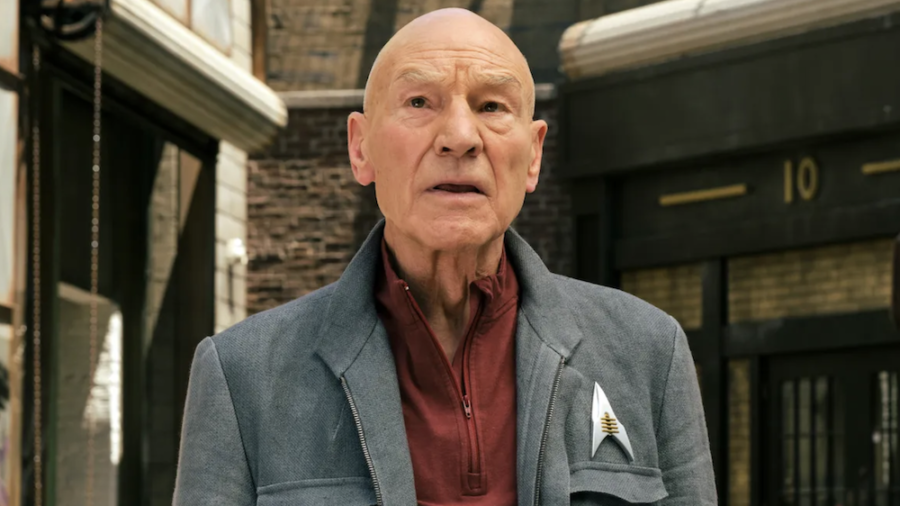
In the vast universe of television, crafting a satisfying ending for a beloved series is akin to navigating a spaceship through an asteroid field. And for a franchise as iconic as Star Trek, the stakes are even higher. Patrick Stewart’s Star Trek: Picard, after two tumultuous seasons, returned with a third installment that resonated profoundly with fans.
What endeared many to this season wasn’t just its narrative coherence but also the sentimental nod to the TNG finale “All Good Things”. There, in a familiar setting, Picard sits down for a game of poker with his crew, signaling a full-circle moment. But as Time magazine highlights, referencing Patrick Stewart’s memoir, the series was on the cusp of taking a starkly different route for its conclusion.
Patrick Stewart had a totally different ending in mind for Picard
The world-renowned actor, Patrick Stewart, had a distinct vision for the closing chapter of Star Trek: Picard. His concept, an intriguing departure from the eventual finale, focused on the personal, domestic side of the legendary Star Fleet captain.
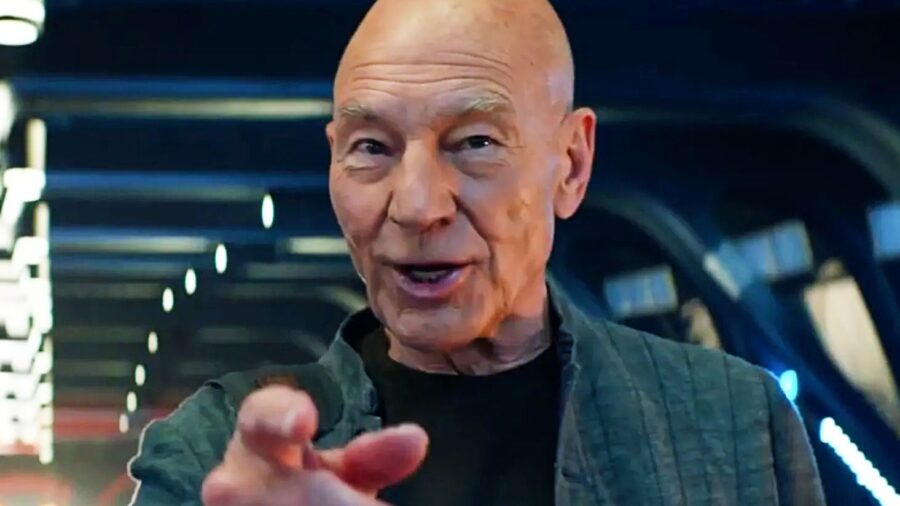
In Stewart’s envisaged ending, the narrative would unfold in the gentle glow of the evening sun at Picard’s picturesque vineyard. Here, audiences would find Picard in a moment of serenity, accompanied by his trusted canine companion, the memorable Riker.
This tranquil setting would be punctuated by the distant call of a mysterious female voice, signaling the time for dinner. As Picard responds with a warm “C’mon, boy,” directing his dog indoors, the screen would fade, marking the series’ end.
Patrick Stewart wanted a Picard ending with a distant call of a mysterious female voice
Such an ending for Patrick Stewart would have inevitably sent ripples through the Star Trek fandom. Speculations would run rampant regarding the identity of this elusive woman. Could it be Beverly Crusher, given the significant narrative weight her relationship with Picard carried throughout the third season? Or perhaps, it might be Laris, the Romulan confidante whose bond with Picard oscillated between the platonic and romantic.
Compounding these curiosities, neither Gates McFadden (who breathed life into Beverly Crusher) nor Orla Brady (the face behind Laris) were slated to voice this climactic call to dinner.
Instead, in a surprising twist, the responsibility was to fall upon Sunny Ozell, Patrick Stewart’s real-life partner. This choice could be interpreted as a poignant meta-commentary, symbolizing Stewart’s own transition from the illustrious universe of Star Trek back to the sanctum of his personal life.
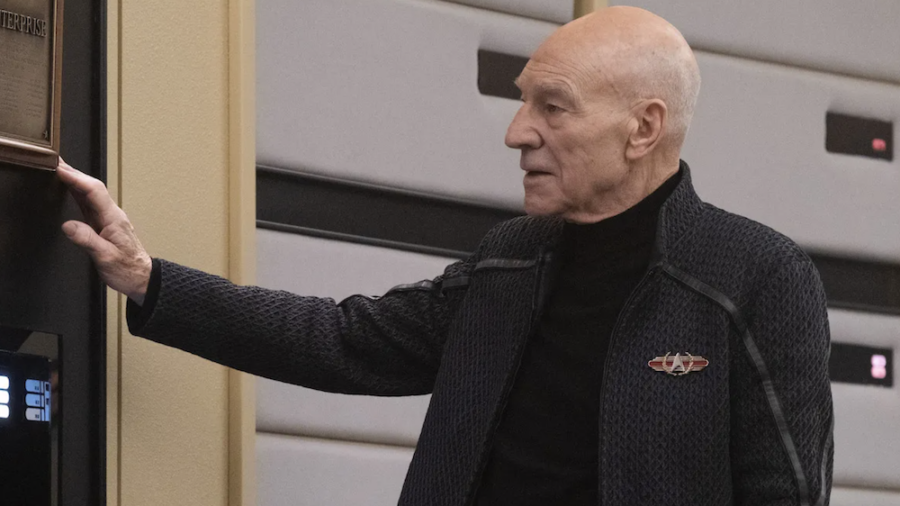
However, as with all alternate storylines, integrating such an ending would have added intricate layers to Star Trek: Picard‘s already complex narrative fabric. The Patrick Stewart show had navigated multiple arcs, with fans witnessing Picard’s drift from Laris and a rekindled connection with Beverly Crusher, now intensified by their shared son.
Infusing the finale with a sudden, unfamiliar romantic twist could potentially have muddled the storyline further, leaving fans with more questions than answers.
But, as fate would have it, the creators opted for clarity over convolution. Fans were granted the heartwarming, gratifying finale of Picard reconnecting with Riker and the crew. This symbolic reunion suggests a deepened bond and renewed commitment amongst the team members.
Yet, one can’t help but wonder – had the series veered towards the alternate, would it have sparked impassioned debates, or would it have distanced its core fanbase, reminiscent of the second season’s polarizing reception?
As Star Trek: Picard bids adieu, its legacy in the Star Trek universe remains profound. The show’s ability to blend nostalgia with fresh narrative perspectives ensures its revered position in the annals of science fiction television.
